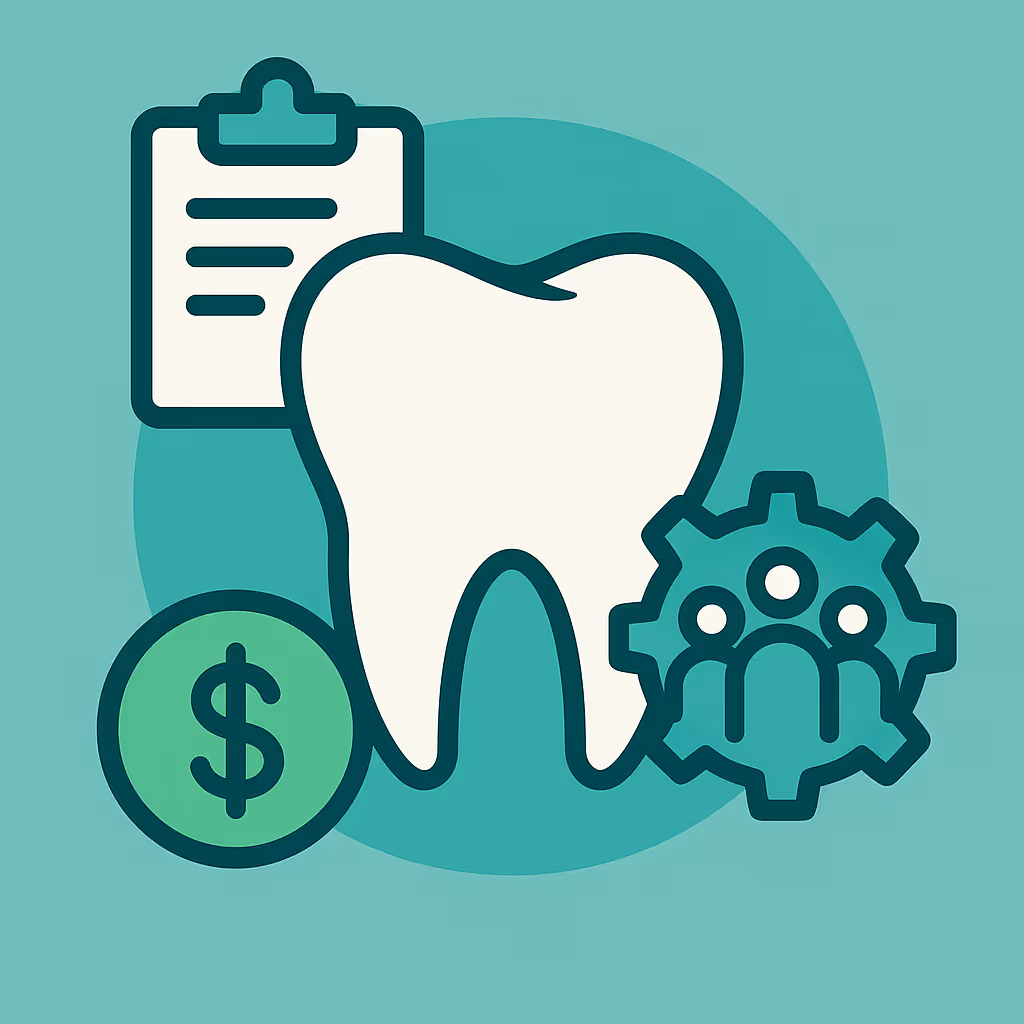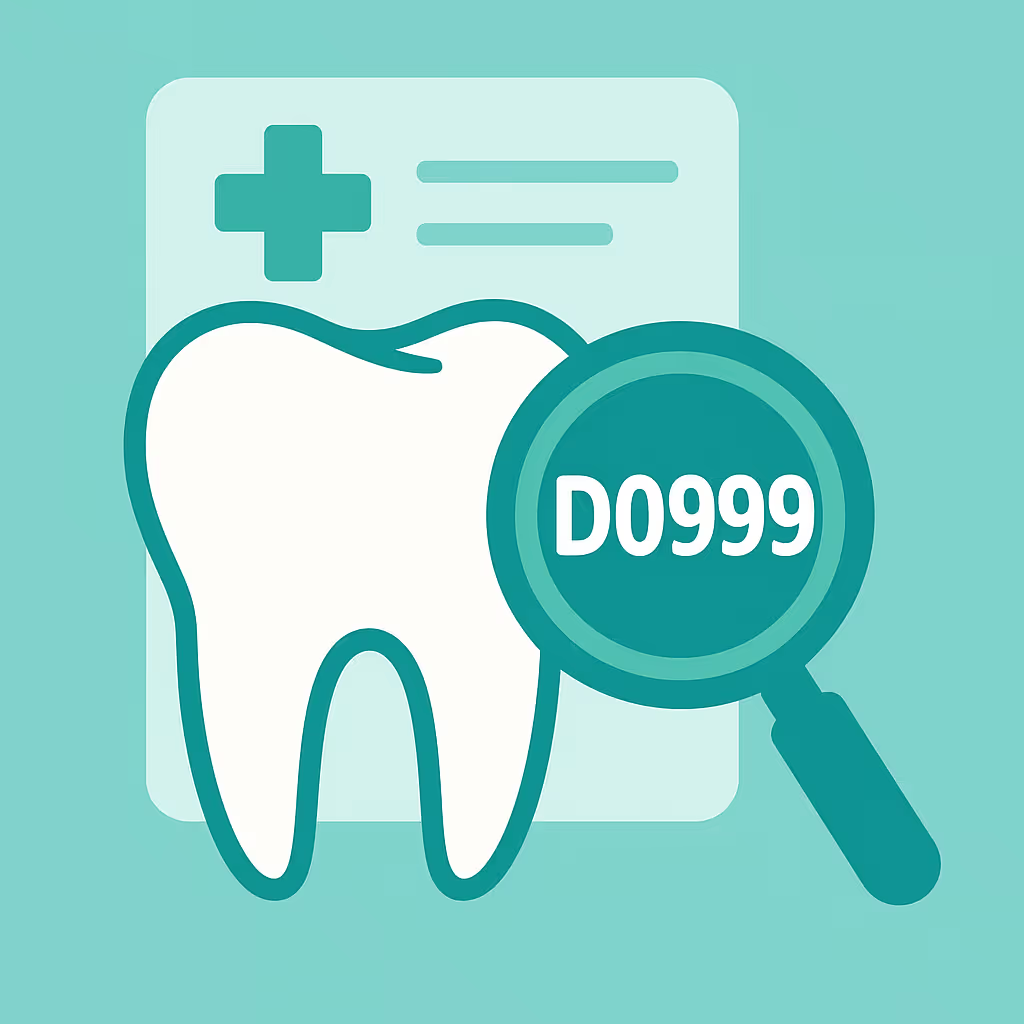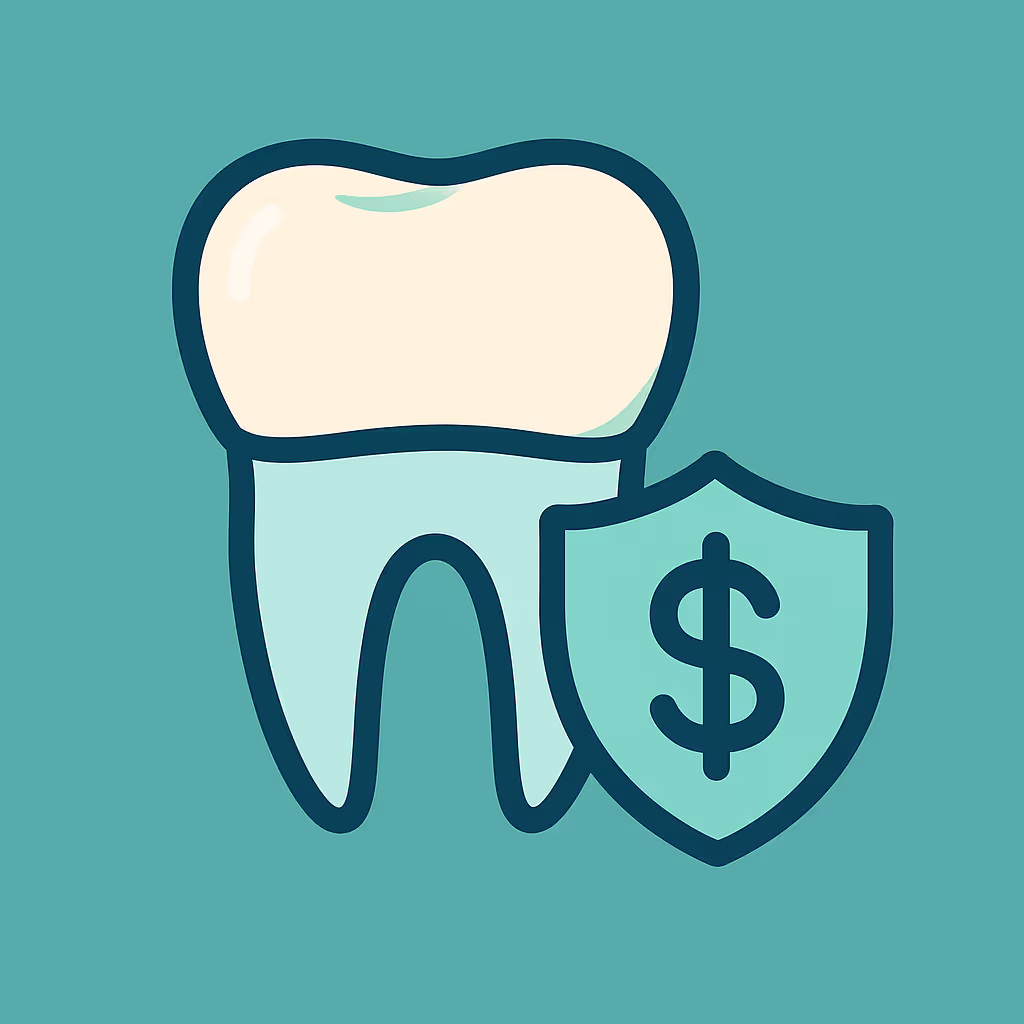Understanding Dental Code D1320
When to Use D1320 dental code
The D1320 dental code is designated for "Tobacco counseling for the control and prevention of oral disease." Dental teams should use this CDT code when providing documented counseling to patients regarding the risks of tobacco use and its impact on oral health. This code is appropriate when the counseling is a distinct, billable service—separate from routine oral hygiene instructions. Use D1320 when a provider spends dedicated time discussing tobacco cessation strategies, assessing readiness to quit, and providing resources or referrals for tobacco cessation programs.
Documentation and Clinical Scenarios
Accurate documentation is essential for successful reimbursement and compliance. When billing D1320, ensure the patient record includes:
- The patient’s tobacco use status (current, former, or never user)
- Details of the counseling session (duration, topics covered, and specific advice or resources provided)
- Assessment of the patient’s willingness to quit and any follow-up plans
- Provider’s signature and date of service
Common clinical scenarios for D1320 include counseling a patient who presents with tobacco-related oral lesions, periodontal disease exacerbated by smoking, or a new diagnosis of oral cancer risk factors. If tobacco counseling is part of a comprehensive care plan, document how it integrates with other preventive or restorative services.
Insurance Billing Tips
Insurance coverage for D1320 varies widely, so always verify benefits before submitting a claim. Here are best practices for billing this code:
- Insurance Verification: Confirm with the payer if D1320 is a covered benefit and whether frequency limitations apply.
- Claim Submission: Submit D1320 as a separate line item on the claim form, with detailed clinical notes attached if required by the payer.
- Explanation of Benefits (EOB): Review EOBs carefully for payment denials or requests for additional information. If denied, check if the denial is due to lack of documentation or plan exclusions.
- Appeals Process: If a claim is denied, submit a claim appeal with supporting documentation, including clinical notes and evidence of medical necessity.
Some payers may bundle D1320 with preventive visits, so clear documentation and proactive communication with insurance representatives can help maximize reimbursement.
Example Case for D1320
Scenario: A 45-year-old patient presents for a routine exam and cleaning. During the visit, the hygienist notes signs of leukoplakia and the patient confirms daily tobacco use. The dentist spends 10 minutes providing tobacco cessation counseling, discusses the risks of continued use, and provides a referral to a local quit program. The counseling is documented in the patient’s chart, including the patient’s readiness to quit and resources provided.
Billing: D1320 is submitted as a separate procedure on the claim form, with supporting documentation attached. Insurance verification prior to the visit confirmed coverage for tobacco counseling once per year. The claim is processed and paid without issue.
By following these steps, dental practices can ensure proper use of the D1320 dental code, support patient health, and optimize reimbursement.





